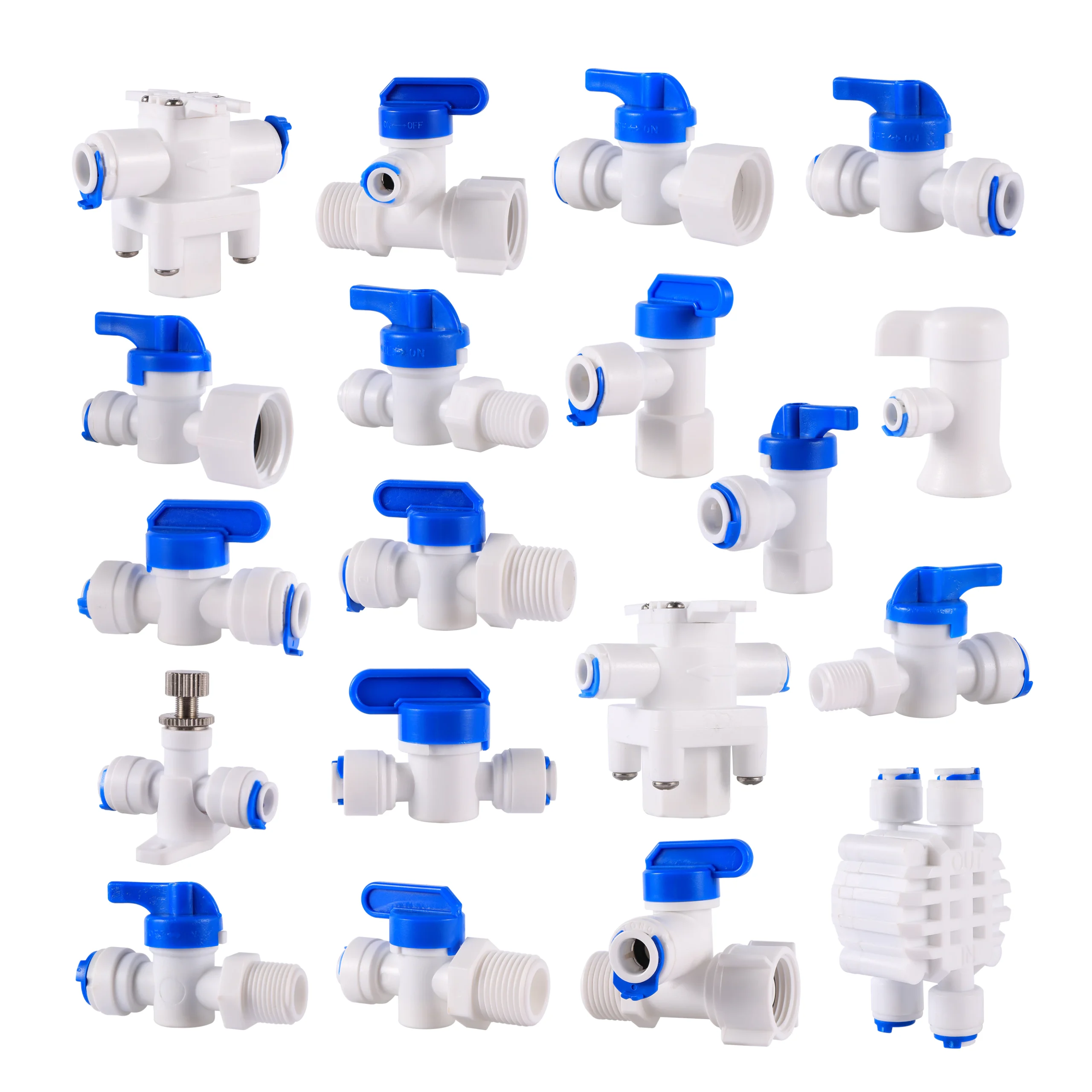Can dehydration affect pregnancy?

Dehydration is more common during pregnancy than at other times. Most cases of dehydration in pregnancy are mild, but severe dehydration can be dangerous for both the mother and the baby.
The fetus places intense demands on the body, and women who are pregnant need to consume extra nutrients. Morning sickness, as well as conditions that cause excessive vomiting, may also play a role in dehydration.
This article looks at how to identify dehydration, the effects of maternal dehydration on the baby, and how to prevent it from happening.
Symptoms of dehydration during pregnancy
Generally, the first sign of dehydration is feeling thirsty. People who feel thirsty after sweating, spending long periods of time in the heat, or going for long periods without water are especially likely to be dehydrated. Other signs of dehydration include:
- a dry feeling in the throat or mouth
- dry, chapped lips
- dry-looking skin
- less elastic skin that looks sunken or thin
- less frequent urination
- dark-colored urine
- urinating less often
- not sweating, even in hot weather
- feeling weak or exhausted
- constipation, hard stools, and hemorrhoids
- feeling lightheaded
Some people may experience Braxton Hicks contractions when they are dehydrated. When dehydration gets worse, feelings of thirst can disappear. Some signs of more severe dehydration during pregnancy include:
- dizziness and confusion
- a racing heart
- changes in the baby’s pattern of movement
- low blood pressure, which may cause dizziness or fainting
- Severe dehydration can cause shock and organ failure. It may also harm the baby.
Causes of dehydration during pregnancy
The causes of dehydration fall into two general categories:
Not drinking enough water
Although there are many recommendations available about how much water people should drink, needs vary from person to person. Pregnancy places additional demands on the body. So women generally need to drink more water during pregnancy than they did before they were pregnant. Someone who is physically active or who lives in a hot climate will sweat more and will need more water. Individuals who change their activity level suddenly or move to a warmer climate may need more water than they once did. If they do not adjust the amount they drink, they can become dehydrated. People with eating disorders, particularly bulimia, may be more vulnerable to dehydration. When dehydration happens because of not drinking enough water, it is often easy to fix by just drinking more water — particularly in the early stages of dehydration.
Not absorbing enough water
Some medical conditions, especially those that cause vomiting and diarrhea, can make it difficult for the body to absorb the water it needs. Nausea and vomiting are more common during pregnancy than at other times. Those with hyperemesis gravidarum, which occurs in 3 percent of pregnancies, may experience intense vomiting that causes weight loss and dehydration. Other health issues, especially those that affect metabolism, can cause dehydration. These include:
- kidney failure
- certain rare metabolic disorders
- intestinal disorders such as Crohn’s disease or celiac disease that make it difficult to absorb nutrients
People with an underlying medical condition are at an increased risk for dehydration in hot weather, following intense exercise, or when they do not drink enough water.


 Yedek Parçalar
Yedek Parçalar